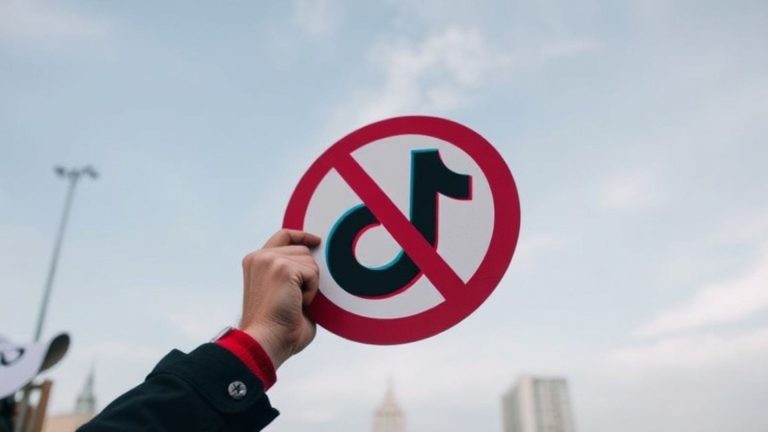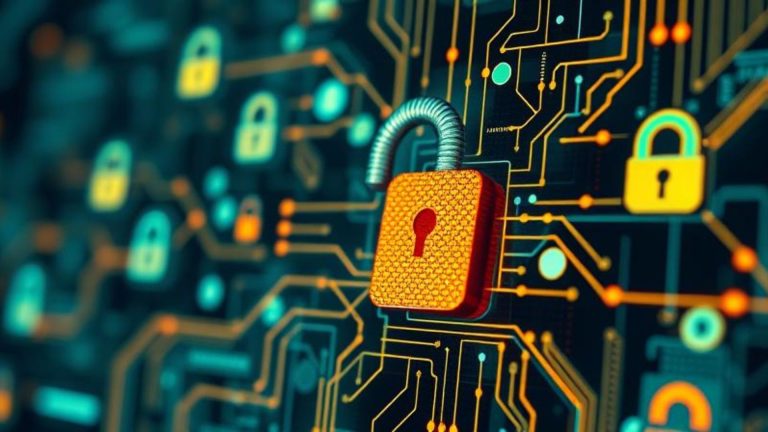The Incognito Illusion: What Incognito Mode Won’t Protect You From
What’s Incognito Mode?
Incognito mode, private browsing, stealth mode-whatever it is called by your browser. Despite the name, there is no being fully incognito actually, it just indicates that the browser will not save the user’s history, cookies, and businesses about equivalent helps to save the login session of the site the user visits. It does not stop websites, trackers, or the Internet service provider from monitoring the user’s habits.
What it really does?
- Non-save of the browsing history: Websites you’ve accessed will not appear in your history.
- Deleting of cookies: Any tracking cookies created during your session will be removed once the browser is closed.
- Non-autofill: Your passwords, searches, and data filled in forms will not be saved.
That’s all for what incognito mode does. It useful for certain condition but the protection it provided is still limited
What it doesn’t?
- Your ISP able to see everything : Incognito mode will never conceal your traffic from your ISP. If you are on home Wi-Fi, your ISP still able to see the websites you visited, time spent there, the approximate location and your IP address.
- You been tracked by the websites : As your IP address is exposed, the websites able to gathered your informations including your fingerprints, login infos,
- Not fully anonymous at your workplace : If browsing through your company network in incognito, it does not prevent the network administrator from monitoring you.
- Malware and Phishing Attacks Still Work : Incognito mode does not save you from malware that you download, it will still infect your devices.
- Ad Tracker can still follow you : Ad tracker will still able to track you and you might see personalized ads based on the sites you visited.
- Download History & Files are still visible : Anything you download while in incognito mode remains on your device. Even though the browsing history disappears, downloaded files will stay unless manually removed.
- DNS Requests Still Revealing what you been doing : In other words, even if you don’t record the browser history, the DNS provider (which is usually your ISP) records every site you visit. This leaves an opportunity for network admins or others with access to those network logs to see what you viewed during those sessions, even while using incognito mode.
How to safeguard yourself then?
- Have a weekly cleanup of caches & cookies : For privacy concerns, it eliminates any tracks you left over the week.
- Privacy focused browsers : Browser such as Brave, CtrlFire, etc.-anti-tracking browsers that give more muted privacy
- Block Trackers : Browser extensions like uBlock Origin or Privacy Badger can limit tracking.
- Use a VPN : One of the most basic way, it encrypts internet traffic and hides the user’s IP address. Making your internet presence completely anonymous.
- Change your DNS provider : Switch to a privacy-oriented DNS service such as Cloudflare (1.1.1.1) or NextDNS. This able to reduce some tracking
Last take on Incognito Mode
Incognito mode is of some use for providing basic privacy, but by no means is it foolproof. If you’re trying to avoid tracking, surveillance, or targeted ads, then private browsing is an illusion. You’ll need extra steps for real anonymity: using a VPN, tracker blockers, or dedicated privacy-oriented tools. Always remember, incognito mode only meant to set privacy on your devices but the internet.













